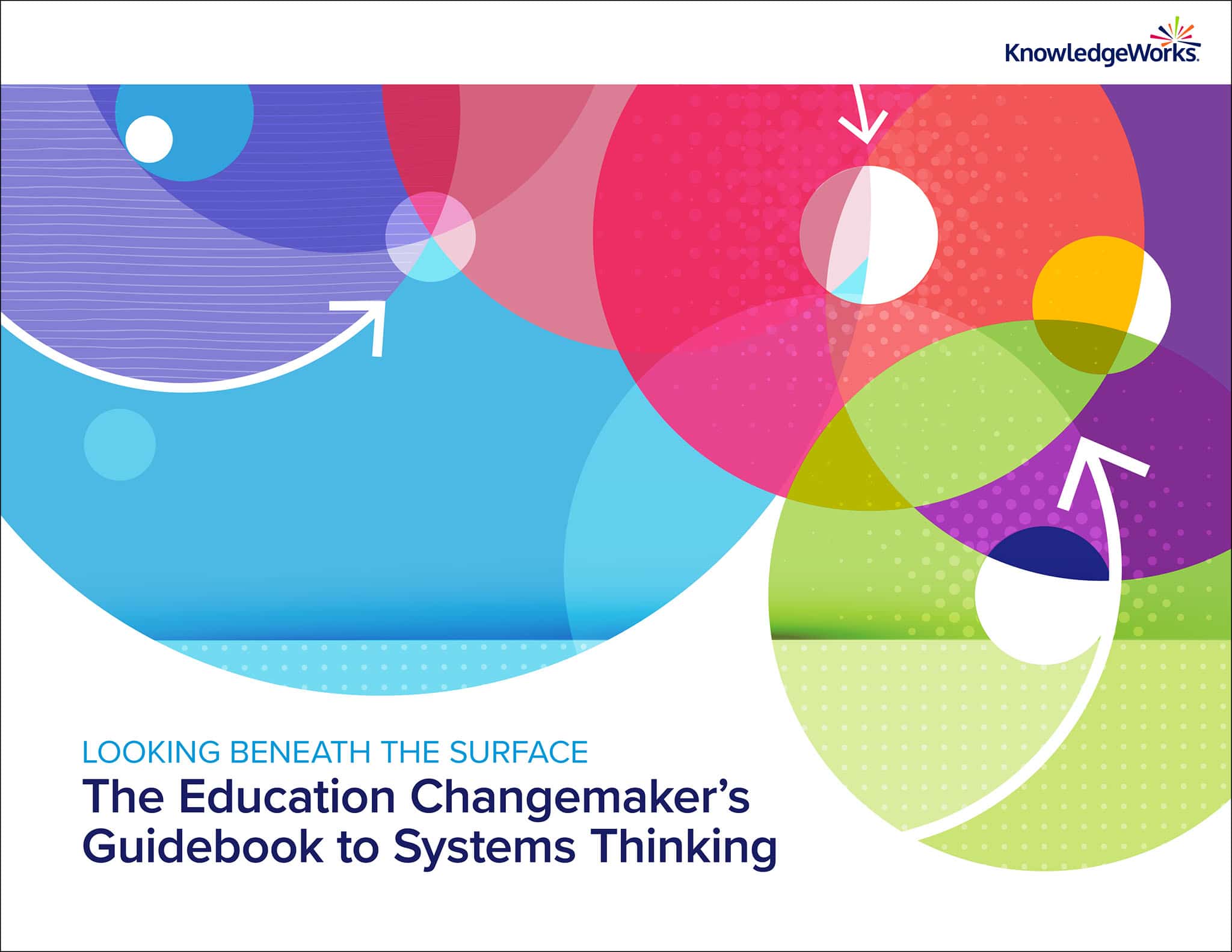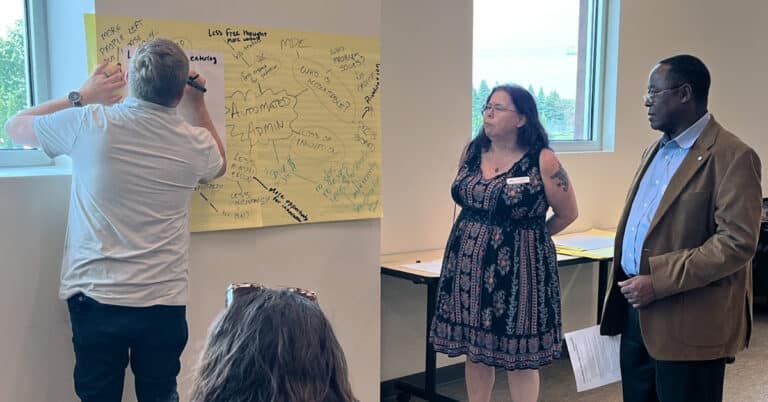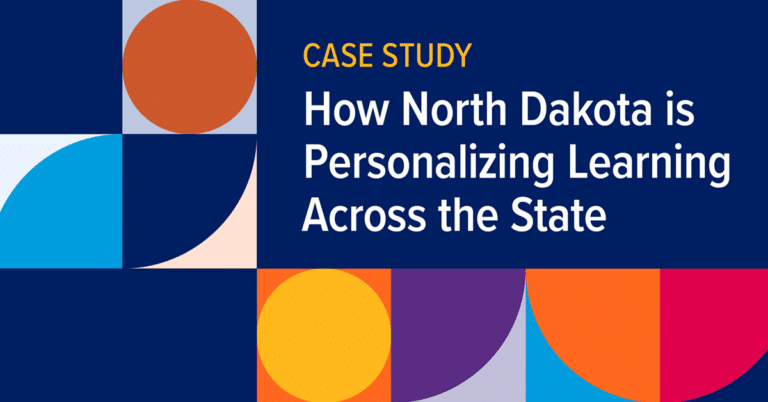Leadership matters. It’s never so clear as in times of crisis. When COVID-19 first began, people were not sure if the pandemic would be a short-term issue where schools could quickly adapt and then hunker down until everything would be back to normal. But as the pandemic has drawn out for over a year now, it’s evident that strategy will not work.
Realizing that the traditional one-size-fits-all approach to instructional and program design is not working and, quite frankly, never has and that components of the remote learning plans are here to stay, education leaders see an opportunity to leverage this unique moment in time. At this critical decision point, education leaders must make decisions on what they want for the future of learning.
Nevada’s leaders saw that the swift shift to distance learning in the state’s schools provided opportunities while exposing cracks in education policies and gaps in the system. The state’s leaders facilitated a public and private partnership of stakeholders, community partners and policymakers called “Connecting Kids.” Through this initiative, every learner in need throughout the state gained access to a device and connectivity.
Simultaneously, Nevada’s Superintendent of Public Instruction Jhone Ebert brought together critical education stakeholders, such as superintendents, principals, teachers, parents, students and business leaders to form the Blue Ribbon Commission for a Globally Prepared Nevada. The Commission will examine existing State laws, regulations and policies and make recommendations to the current policy framework that will increase flexibility for districts and schools to meet current and future needs. The Commission will address topics such as competency-based education, distance learning, independent study and instructional time.
Using “Education in the Balance” to guide us, we asked Superintendent Ebert and Dr. Summer Stephens, Superintendent of Churchill County School District, some questions about leading Nevada’s school through system disruption into the future.
Will system leaders bring people together to reimagine education? Or will system leaders focus on what used to be normal?
Ebert: Through the Blue Ribbon Commission for a Globally Prepared Nevada, the Nevada Department of Education has modeled the importance of bringing educators together across various parts of the landscape to reimagine education. It is our goal that system leaders will use this as a framework to engage their entire communities around what is suddenly possible in education. As always, the Nevada Department of Education stands ready to provide whatever supports we can to ensure that all students have access to high-quality education through a pathway that best serves their needs and prepares them to build a home, a life and a future.
Stephens: As a system leader interested in transforming and reimagining education, I worry that system leaders will try to return to what used to be – as they search for comfort and consistency. It is incumbent upon those of us dedicated to the re-imagining to keep offering opportunities for traditional leaders to see what is possible, to encourage them to try nuances of what has been good out of the pandemic closures and re-openings. We have learned so many things about humanity, about learning and about ourselves during this time that we must put it into practice moving forward. This is one of the times in history that a transformation can and will occur if system leaders work with their communities, their peers, their business and industry, and their governments to carry forward the good that has occurred during these trying times.
Where do you see opportunities to change education systems while navigating turbulence? Where do you want education to stay the same and why?
Ebert: First I believe that multiple pathways for student learning will be increasingly implemented. This includes leveraging new approaches such as competency-based education, blended learning and personalized learning to build out these pathways. Second, there is an opportunity for greater collaboration across boundaries, whether schools, districts or states. As educators work to deliver high-quality instruction through multiple modalities while also implementing high-quality instructional materials, it has become necessary and commonplace for educators to share knowledge and resources. A third opportunity is for us to ensure there is equitable access to resources and opportunities for all students to attain a high-quality education, whether they are learning in person, at a distance or through a hybrid model.
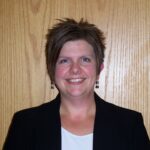
“We have an opportunity to focus on competencies and learning, to focus on service and humanity, and to focus on really providing learners with an opportunity to be citizens of the world around them.”
Regarding aspects of education that need to remain the same, we must continue to monitor the progress of our students, both as a matter of equity and as an essential component of teaching and learning. We must continue the focus on supporting the social-emotional wellbeing of our students and educators. We must also ensure that there continue to be opportunities for students to enrich their learning through extra-curricular activities, whether it’s the arts, athletics or social organizations. Lastly, we must continue to engage parents, families and communities in the education of our students, now more than ever.
Stephens: Education has always touted itself as a human place, a relationship place. Somewhere along the line, some of that changed, with added pressures, accountability trying to be the thing that changed outcomes, etc. I feel that I want the focus to return to relationships and humanity and to bring the emphasis to learning over grades, competencies and profiles over numbers / letters / ratings. We live in a world that has the potential to just explode with innovation, and our system has become a space that innovation is not highly valued. We have an opportunity to focus on competencies and learning, to focus on service and humanity, and to focus on really providing learners with an opportunity to be citizens of the world around them. Our learners have an opportunity to own what they do and direct their own outcomes. Without the dream of that coming true, it cannot take off.
Tell us about what’s guided your approach to leadership through the last year.
Ebert: The primary tenets of my approach to leadership through the last year were urgency, grace and flexibility in response to the needs of students, educators, staff and families. Together with my team, we stayed grounded in our values of equity, access to quality, success, inclusivity, community and transparency. Every single child in Nevada deserves to have equitable access to high-quality educational opportunities. The reason is simple: There is no excellence without equity. In education we need to pivot from a system that reinforces the advantages of some students over the others to a system that maximizes the talent of all students.
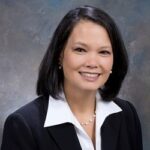
“There is no excellence without equity.”
Students and educators were at the center of our decision-making process. Because of that, we were able to lead with our stakeholders across the state to support students, educators, staff and families. For example, we facilitated a public and private partnership entitled, “Connecting Kids” that provided a device and access to connectivity to every student in need throughout the state. This work required reaching out and engaging our stakeholders, community partners (public and / or private) and lawmakers. It required holding each other accountable and learning from each other. Our values can also be seen in how we expeditiously allocated more than $600 million in funding to our local education agencies in support of their response to COVID-19. Even as we continue to navigate the challenges caused by COVID-19 while also looking to the horizon of what awaits beyond COVID-19, we know that a sense of urgency, grace and flexibility will always be needed to support or students and educators.
Stephens: Our focus here in our district has been to focus on relationships and on social emotional support to kids and staff. Last spring we talked about being human and keeping that at the forefront of what we were doing just to get by through the last few months of school and so much upheaval. In the spring, I discussed with staff through virtual water coolers that we were going to prioritize relationships and SEL, work on our PBIS approaches and implementation at school sites, and build a reopening plan that honored those things. To date, that has served us well and has opened up a world of opportunities for us to consider as we plan for next school year.
Consider more tensions with your learning community using “Education in the Balance: Tensions Affecting Education’s Futures.”
This article was co-written with former KnowledgeWorks Senior Advisor of Policy and Advocacy Karla Phillips-Krivickas.


